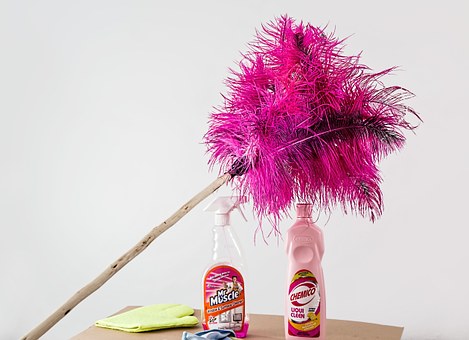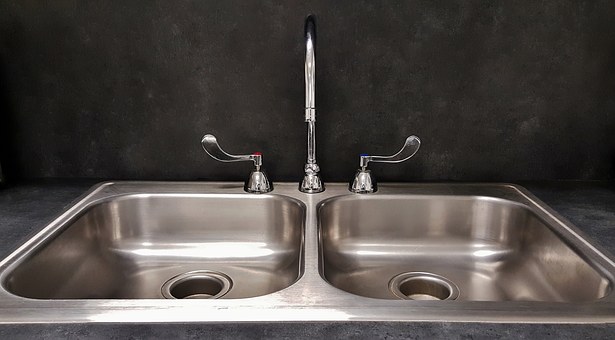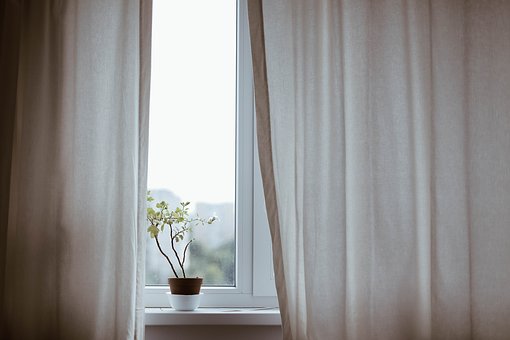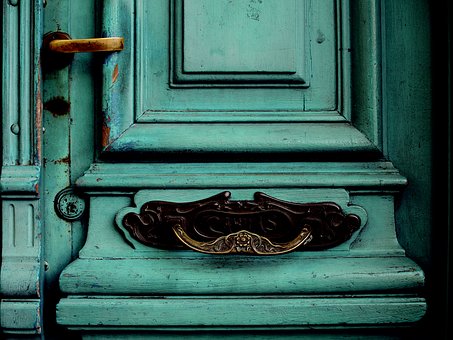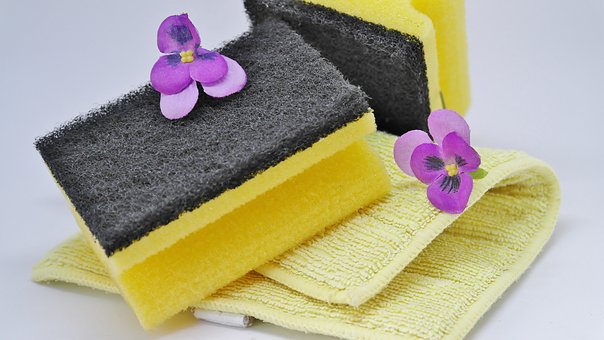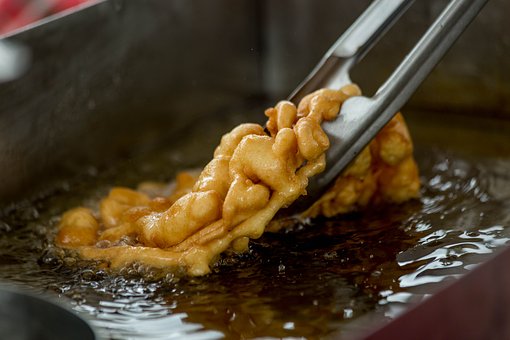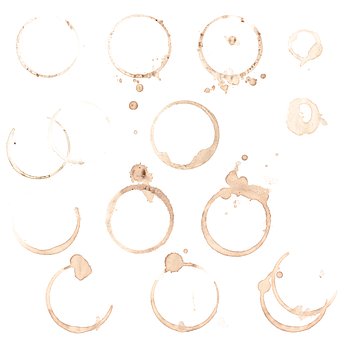Welcome to the DIY Series, where I will be sharing lots of tips and advice for making non-toxic items for the home and for the kids. In this weeks post, I will be focusing on how to make non-toxic cleaners for the home using key ingredients that you will most likely find in your kitchen cupboards or hidden away in the pantry.
Household items such as baking soda and vinegar work as effectively as shop-bought cleaners, if not more so, and cost next to nothing. You can even add essential oils to your DIY cleaners that will have your home smelling like a spa and your mood lifted. Next time your standing over the mess in your home, don’t reach for your favorite product, which most likely contains an array of solvents, chemicals, and fragrances, and instead opt for mixing up one of these DIY standbys.
Top Safety Tip: Never combine ammonia-based cleaners with chlorine bleach or products containing bleach, such as powdered detergent. The fumes are toxic and extremely dangerous. When making your DIY cleaning mixers, read the product labels first and always label your own DIY cleaners. You can purchase glass jars and sticky labels to keep tabs on what your mixtures contain, just in case a child or pet gets to them!
#1 Scented All-Purpose Cleaner
What you will need:
- One part white vinegar
- One part water
- Lemon rind
- Rosemary springs
Combine all the above ingredients together, pour into your choice of a spray bottle, shake and then let infuse for a week before using. Once infused, you can use this solution to remove hard water stains, grease, clean garbage cans, sticky smudges, clean windows, and much more!
#2 Kitchen Cleaner and Deodorizer
What you will need:
- 4 tablespoons baking soda
- 1 quart warm water
This mixture can be used to clean kitchen countertops, appliances, and the inside of your refrigerator. All you need is baking soda. If you want to Goddess it up, then I suggest using a cloth that’s been left to infuse with lavender essential oil. Buy the premium type, such as the range from Doterra, sprinkle 3-4 drops on a bamboo perforated or any other organic cloth, fold and keep in a tightly sealed glass jar. Once used, rinse through, leave to dry, and then add a few more drops of essential oil and keep sealed in the jar for next time.
#3 Glass Cleaner
What you will need:
- 2 cups water
- 1/2 cup white or cider vinegar
- 1/4 rubbing alcohol 70 percent concentration
- 1 to 2 drops of lemon or orange essential oil
I love buffing up shiny surfaces, especially glass surfaces. There’s nothing more satisfying than seeing your reflection in the windows, or letting rays of sunlight through smudge-free balcony doors. Next time you need to wash your windows or mirrors, combine these ingredients and pour into a spray bottle. For mirrors, spray the solution on a paper towel or a soft cloth. This concoction will have your mirrored and glass surfaces gleaming.
#4 Brass Cleaner
What you will need:
- White vinegar or lemon juice
- Table salt
This mixture is great for non-lacquered cabinet knobs, bathroom fixtures, and more. Dampen a sponge with vinegar or lemon juice, and then sprinkle with salt. Lightly rub over the surface. Rinse thoroughly with lukewarm water, then immediately dry with a soft clean cloth.
#5 Heavy-Duty Scrub
What you will need:
1/2 lemon
1/2 cup borax powder
When you require a superhero mix, this one will not falter. Rust stains on porcelain, and enamel sinks and tubs will be defeated immediately with this DIY cleaning champion. Dip the lemon into the borax, scrub the surface, then rinse. Please don’t use on marble or granite. Tip: You can find borax, a laundry booster, in the detergent aisle in international supermarkets, or order online.
#6 Grease Cleaner
What you will need:
1/2 cup sudsy ammonia
Sudsy ammonia contains detergent that helps remove tough grime. Mix 1/2 cup with enough water to fill a one-gallon container. You will be able to clean your oven racks, stove hoods, and grills by dipping a clean sponge into the solution and wipe over the surface before rinsing with clear water. You can also use the solution for soaking! Yes!
#7 Water Ring Remover
What you will need:
One part white non-gel toothpaste
One part baking soda
I can’t stand left water ring marks on surfaces. Please note that this solution does not work on unfinished wood, lacquer, or antiques. Dampen a cloth with water, add the toothpaste mixture and rub with the grain to buff over the spot. Then take a dry cloth and wipe off. Use another soft cloth (perhaps the one you have infused with essential oil in a glass jar?) for a final shine. Polish as you usually would.
Photos: Pixabay


